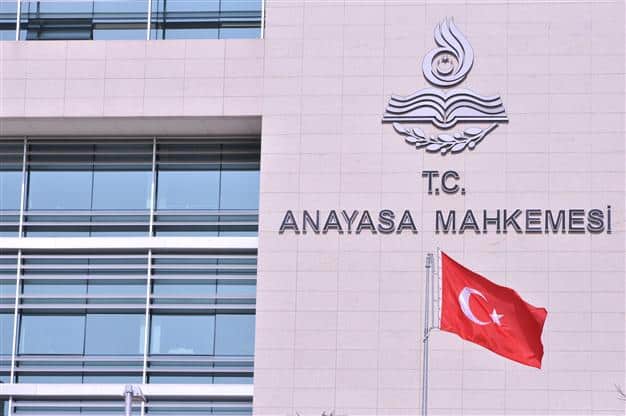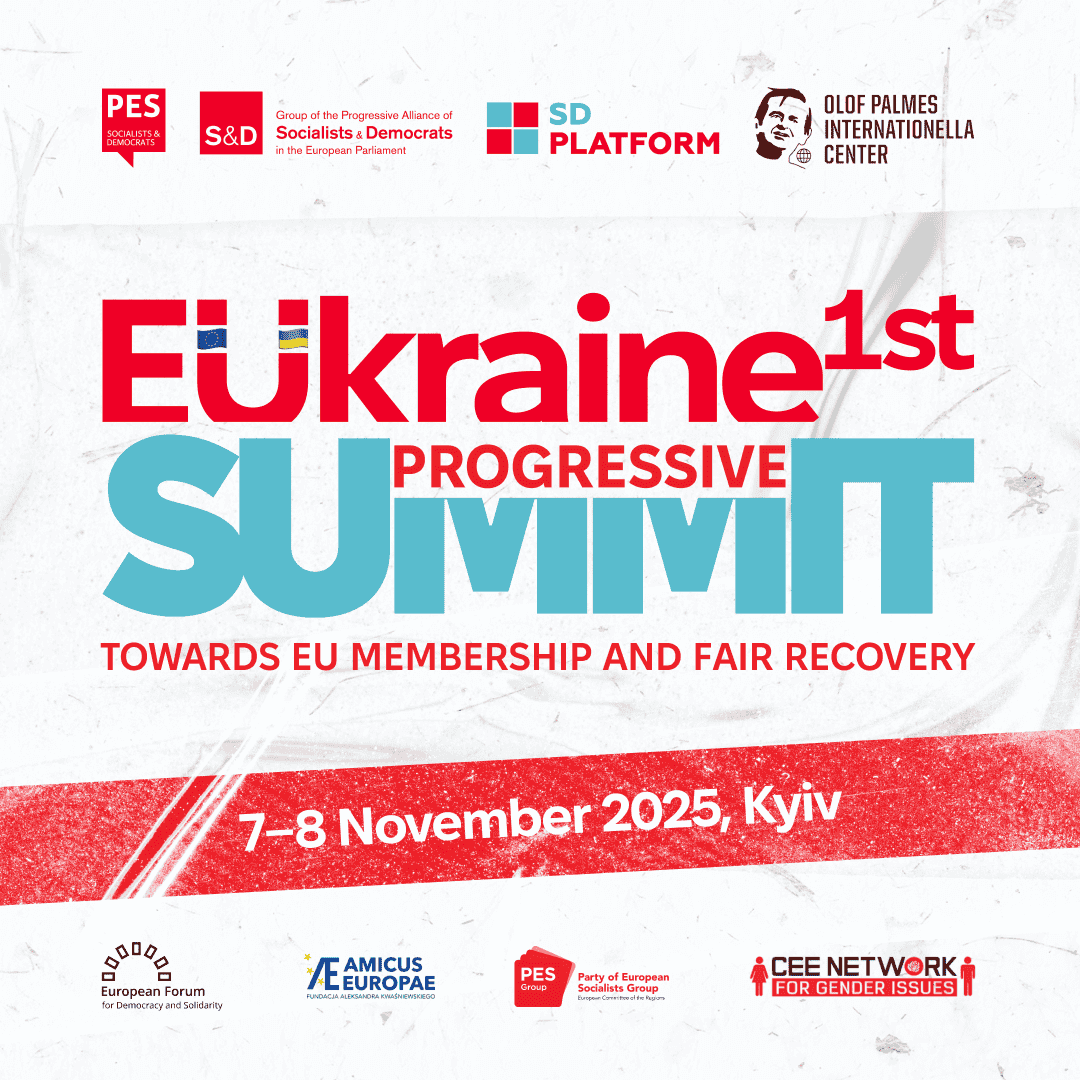Turkey's President Erdoğan was re-elected as head of government for the next five years, and his next term is bound to continue the streak of limiting the freedom of press and prosecuting opponents. Throughout the election campaigns, opposition parties were seriously limited by the ongoing state of emergency, and had to resort to creative methods to attract voters. In fact, oppositional parties expressed such energy that, until the results of the elections rolled in on Monday, June 25th, observers speculated that there was a real chance of challenging Erdoğan's majority rule. Although Turkey remains a polarised country, social media has become the go-to approach for change-makers.
Two million tweets feature the hashtag #TAMAM. Tamam stands for "done", or enough", and is the symbol of the Turkish youth protesting against Erdoğan building a one-man regime. The tweets emerged in response to a press conference, in which Erdoğan himself stated that if the people truly wanted him to step down, and as a nation said "enough!", then he would. However, Erdoğan was not referring to Twitter, but to the elections that would take place on June 24th. In the elections, in which he campaigned for the position of president, supported by both his party, the AKP, and the MHP, Erdoğan secured his position as re-elected President with 52.5% of the votes. Although Erdoğan apparently did not submit himself to the Hashtag's criticism, internet representation of controversial views has nonetheless faced serious restrictions, indicating that social media and words are, in fact, a threat to the Turkish president. Turkey remains a polarised country, but social media has become the go-to approach for change-makers.
Official media under the State of Emergency
The elections took place under restrictions set by an ongoing state of emergency, and election campaigns are said to have been greatly distorted as a result. Freedom House assessed that not only the opposition, but journalists, students, and all of the Turkish population are affected by restrictions, and that Turkey's media - its press, its internet, its television - is not free. Following his announcement in April that the elections would happen not in 2019, but over a year in advance, Erdoğan extended the state of emergency for the seventh time. It had been introduced following the failed coup attempt of July 2016, and led to over 40,000 arrests on accounts of treason, and over 110,000 dismissals of employees in the public sector. Figures assume the amount of individuals arrested over social media posts criticising Turkey's military operations alone to be 648. Additionally, of the 262 journalists that were jailed in 2017 worldwide, one in four is said to be detained in Turkey and through Turkish orders. The fact that the elections were held in a state of emergency thus becomes even more relevant to the outcome - if it hadn't been for the restrictions, Erdoğan and his AKP may have faced serious, engaging criticism from a motivated opposition that could have affected Erdoğan's already weak election campaign in a negative way.
A Polarised Civil Society
However, the outcome of the Turkish elections nonetheless motivates to question the political climate in Turkey. Despite a context of fear, and despite difficulties in finding reliable media sources that the Turkish government created, it remains shocking that Erdoğan would have won so clearly in the first round of elections. Turkey, generally a poor country, is frequently featured in European and Western press, with the world watching its "progress" and degree of "westernisation". Such international criticism, according to Reuters, is bound to support the polarization of a society that already suffers from a deep divide:
With over fifty percent of the population favouring the AKP's focus on the traditional Islamic family, international criticism of the AKP's politics is thus an attack on the lifestyle of all followers. It is no wonder that youth as well as adults from traditional environments strive to preserve the values they have come to favour in an almost pubescent way: by becoming radical protectors of Erdogan.
On the other side of the spectrum are those who international attention motivates to stand up against nationalism and conservativism. Especially first-time voters feel backed by a larger force beyond Turkey, and stubbornly resist the government's demeanor. Erdogan feels that the tides are turning, and sources claim that the snap elections of June 24th were triggered by the sense that trends were increasingly turning against him the more time progressed.
Social Media as a Threat?
Following the arrest of Kurdish-backed politicians and arrests of critics grounded in the persecution of the perpetrators of the coup attempt, the Turkish government in November 2016 briefly blocked access to Facebook, Twitter, YouTube, WhatsApp and other commonly used social media platforms. Although the services resumed quickly afterwards, what was previously a lively social media environment, is now an Internet landscape affected by slow speeds, and Turkey has not expanded efforts to supply more than the 70% that currently have access to Internet with such. Additionally, Turkish authorities have set strict rules concerning what can be posted online, and ruthlessly execute these regulations. Regardless, as can be seen by the Hashtag TAMAM, social media had a vital role in the elections, and prior to the opening of voting ballots, observers claimed that Twitter could potentially determine the outcome of the Turkish elections by capturing undecided voters with innovative methods.
Media as a Campaign Strategy
Despite the air of fear that surrounded the 2018 elections, observers noted that especially smaller opposition parties rallied not to win, but to become loud and challenge Erdoğan's rule. During the referendum campaign in 2017, the opposition was much more careful, if not scared, and notably intimidated by the new limits set to their scope of action. Limitations onto the campaigns remained, and the People's Democratic Party (HDP) candidate Selahattin Demirtaş, currently held on accusations of Kurdish terrorism, was only granted a 10-minute time slot of the public broadcaster TRT after all opposition parties had collectively rallied against the lack of media access. However, the opposition parties did manage to secure a significant amount of votes, enough to partially enter into parliament, and they did so by finding a way around the limitations. Demirtaş resorted mainly to Twitter. Others circulated their messages to international newspapers. Most methods employed, in fact, turned out to be ingenious, funny, and especially energetic. The Republican People's Party (CHP) featured their candidate, Muharrem İnce, in a cartoon-style campaign video, portraying him as the superman needed to save Turkey. The video aims at a modern target group, and brings some refreshing change into the dull, restrictive campaign atmosphere. An especially radical example of the resourceful campaigning is provided by the iYi, the liberal conservative Good Party: When internet users searched for the term "VPN", a service users need to pay in order to circumvent online censorship, the iYi arranged for a message to flash, saying "Don't waste your money, save it for when we are in power to enjoy complete Internet freedom."
A 5 Year Term?
Oppositional parties expressed such energy that, until the results of the elections rolled in on Monday, June 25th, observers speculated that there was a real chance of challenging Erdoğan's majority rule, and triggering a second round of elections. However, with the election results, Erdoğan will now serve another term which is bound to last until 2023, unless he prolongs his term through constitutional changes. Given the fact that the AKP's campaign led to a victory without requiring a lot of effort, Erdoğan will most likely feel there is little actual pressure on him, and will continue his limitation of freedom of the press, the prosecution of opponents, and Turkey's involvement in Syria.
By: Alena Kahle
Sources: Cyprus Mail ǀ The Young Turks ǀ France 24 ǀ Green European ǀ Image Source ǀ Impact Vice ǀ Informed Comment ǀ The AKP after 15 years: emergence of Erdoganism in Turkey ǀ The Atlantic ǀ The National ǀ Translate Media ǀ Twitter #TAMAM




